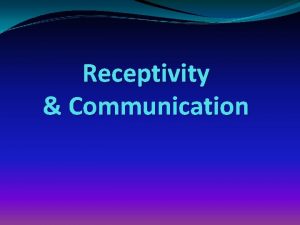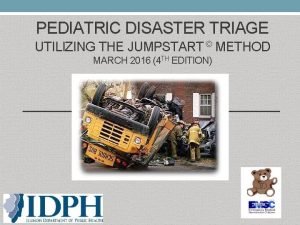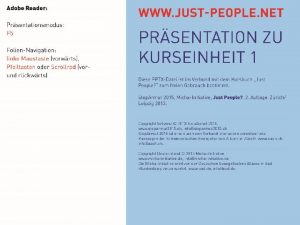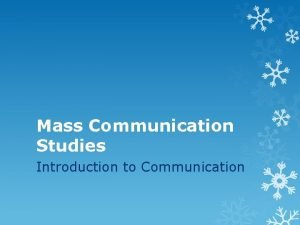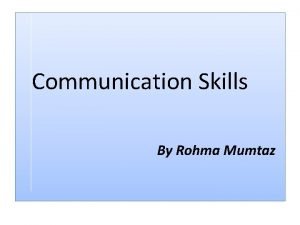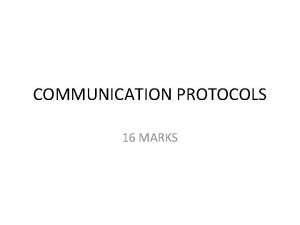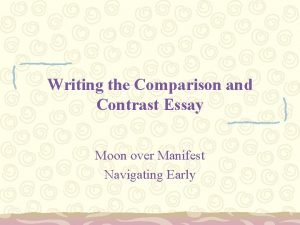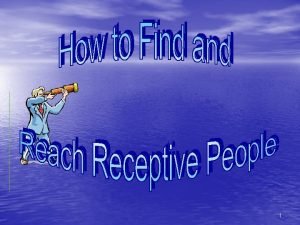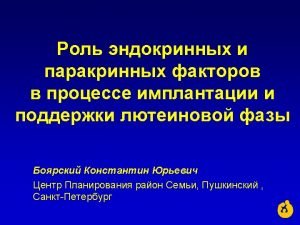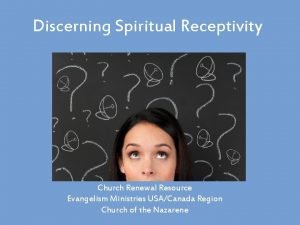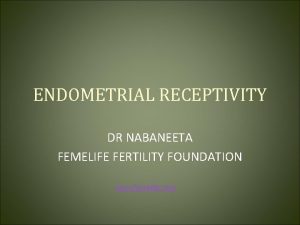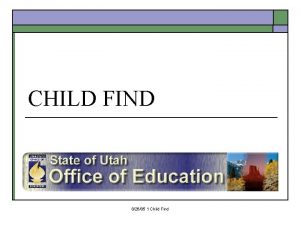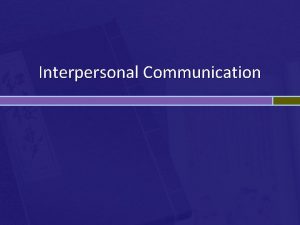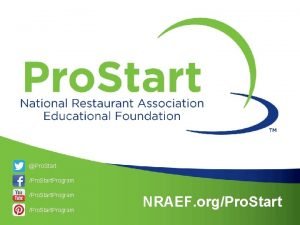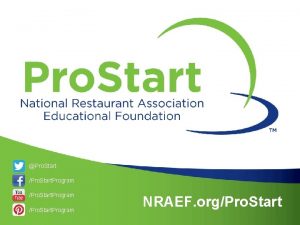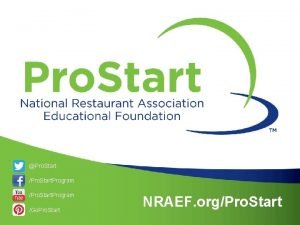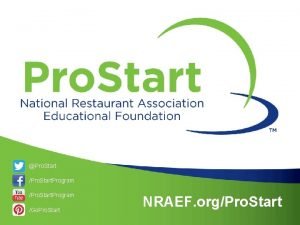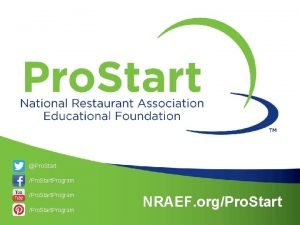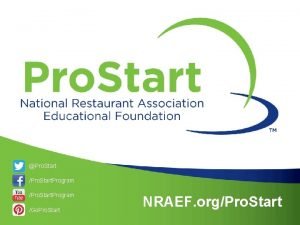Receptivity Communication How to find people A Start


















- Slides: 18

Receptivity & Communication

How to find people?

A. Start from near:

Which person was the greatest influence in your coming to church? (%)

B. Consider Receptivity 1) Dissatisfaction 2) Stress 3) Growing Religions 4) New Settlement 5) Social and Economic Change 6) War or Crisis 7) Transition


C. Do not loose Church Visitors A church uses “three contacts—a phone call within twenty-four hours, a visit that week by the minister of evangelism, and a visit, also that week, by a team of lay people.

“People who are receptive and winnable today may not be tomorrow—or at least next year” (George Hunter).

How to approach people?

1) Love 2) Friendship

3. What should Christians not do?


Don’t ar____. If you win, you have lost him. Don’t pr______. Witness, use your testimony. Never talk boastfully, or attempt to be familiar. Don’t point your fi_____ in your party’s face. Don’t in____ the party while he is speaking; there is danger of offending him. Avoid long stories or illustrations. Don’t be in a hurry. Don’t pick green fruit Don’t force, beg, or coax. (R. Stanley Tam, Witnessing Everywhere, p 10)

4. Use Personal Testimony

a. Advantages of a personal testimony 1) unique 2) identifiable 3) interesting 4) relevant 5) personal 6) authoritative

b. Four requirements of a good testimony (Harry Poe) 1) Introduction 2) Crisis 3) Climax 4) Resolution

c. Two kinds of testimony § Apostle Paul type 1) “What I was before I receive eternal life, ” 2) “How I receive eternal life, ” 3) “What eternal life has meant to me. ” § Timothy type - It would be effective to emphasize how “internal feelings, purposes, and motives have been changed by Christ.

 Friendship of receptivity
Friendship of receptivity Forevers gotta start tonight
Forevers gotta start tonight Start triage system
Start triage system M a m j j a s o
M a m j j a s o Similarities of people in media and people as media
Similarities of people in media and people as media Where is the love 2016 lyrics
Where is the love 2016 lyrics Recovery community
Recovery community People just people
People just people The way people speak
The way people speak Parallel and serial communication
Parallel and serial communication What is oral communication and written communication
What is oral communication and written communication Serial communication basics
Serial communication basics Types of nonverbal communication chronemics
Types of nonverbal communication chronemics What is oral communication and written communication
What is oral communication and written communication Serial communication vs parallel communication
Serial communication vs parallel communication Title for compare and contrast essay
Title for compare and contrast essay How to close a professional email
How to close a professional email What is the meaning of expository paragraph
What is the meaning of expository paragraph How to finish a formal email
How to finish a formal email
